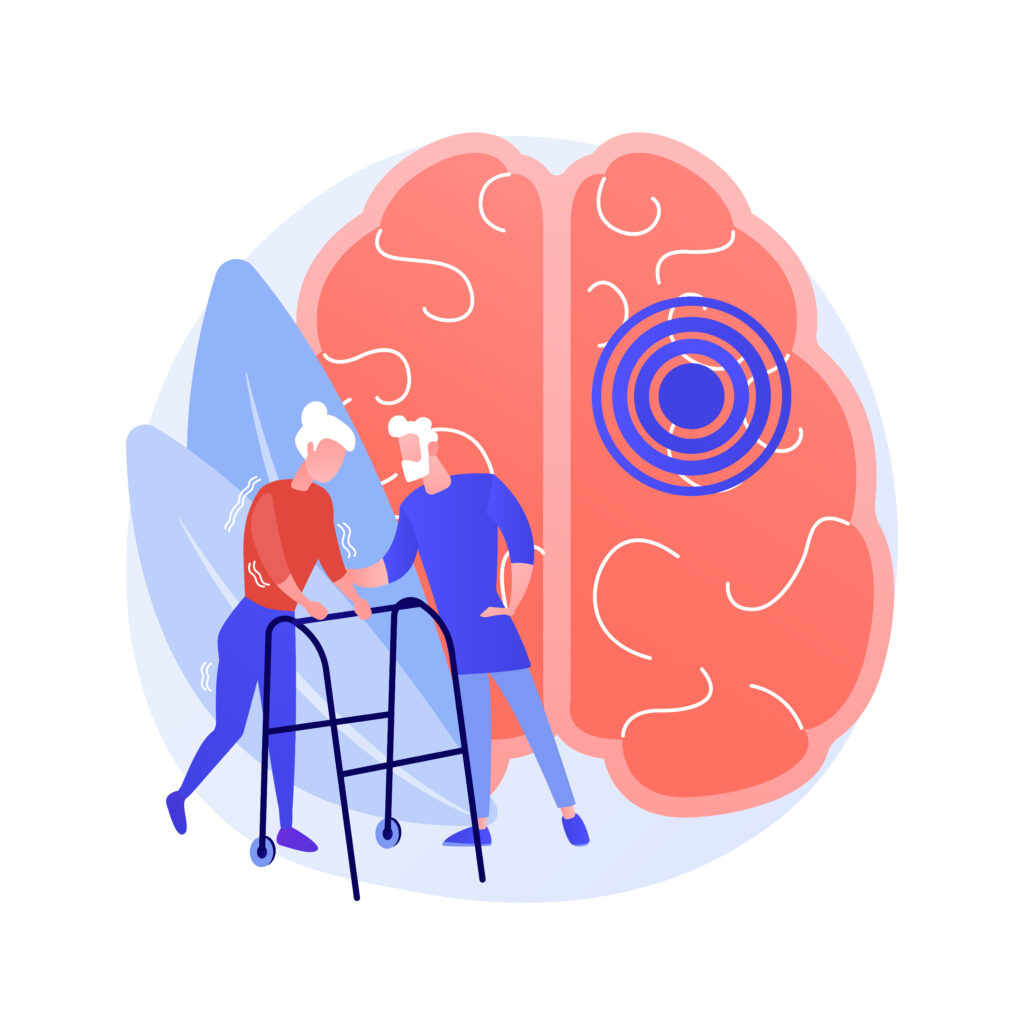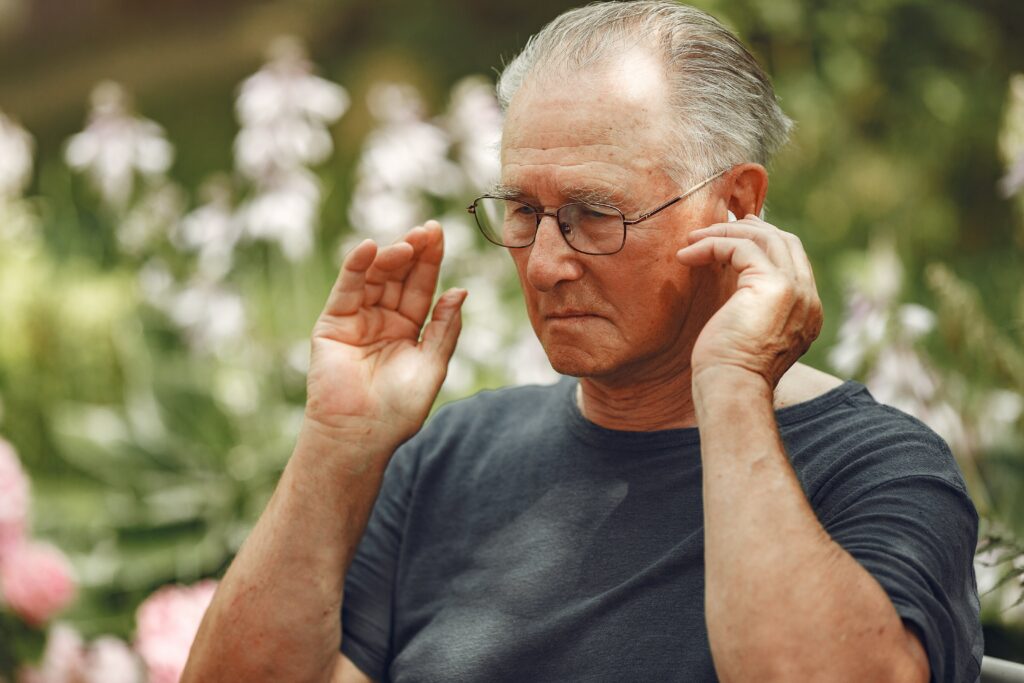Are You Forgetting More Than Usual?
Have you ever walked into a room and forgotten why you went there? Maybe you have trouble remembering names or where you put your keys. If you are over 30, you might worry about your memory. Many adults are concerned about memory loss. Some forgetfulness is normal as we age. But sometimes, it can be an early sign of Alzheimer’s disease. Knowing what to watch for can help you or your loved ones get help early.
What Is Alzheimer’s Disease?

Alzheimer’s disease is a brain disorder. It slowly destroys memory and thinking skills. Over time, it can make daily tasks hard. According to the Alzheimer’s Association, over 6 million Americans are living with Alzheimer’s. The risk goes up as we get older, but early signs can start much earlier than most people think.
Early Signs You Should Not Ignore
Experts from the NIH and Mayo Clinic say there are some warning signs to watch for. These signs may appear years before serious memory problems. Here are some of the most common early signs:
- Memory loss that affects daily life:
Forgetting important dates or events. Asking for the same information again and again. - Trouble planning or solving problems:
Finding it hard to follow a recipe or keep track of bills. - Difficulty completing familiar tasks:
Struggling to drive to a known place or remember the rules of a favorite game. - Confusion with time or place:
Losing track of dates or forgetting where you are. - Problems understanding images or space:
Trouble reading, judging distance, or seeing color. - New problems with words:
Forgetting simple words or calling things by the wrong name. - Losing things and not being able to retrace steps:
Putting things in unusual places and not remembering where. - Poor judgment:
Making bad decisions with money or neglecting personal care. - Withdrawal from work or social activities:
Losing interest in hobbies or avoiding friends. - Changes in mood or personality:
Becoming confused, suspicious, depressed, or anxious.
Dr. Rudolph Tanzi, a brain expert from Harvard, says that these signs can be very subtle at first. Many people ignore them or think they are just part of normal aging. But early action can make a big difference.

What Experts Say
The Alzheimer’s Association notes that early detection gives people a chance to plan for the future and get support. Dr. Sanjay Gupta, a well-known brain doctor, says that talking to your doctor as soon as you notice changes is important. He also says that healthy habits can help your brain stay strong.
The NIH and Mayo Clinic both agree that seeing a doctor is key. They can check for other causes of memory loss. Sometimes, stress, sleep problems, or even certain medicines can affect memory.
How You Can Help Your Brain
There are many simple things you can do every day to help your brain stay healthy. Experts from the Mayo Clinic and NIH suggest these tips:
- Stay active:
Walking, swimming, or dancing can help your brain and body. - Eat a healthy diet:
Foods like fish, nuts, berries, and green leafy vegetables are good for your brain. - Get enough sleep:
Try to get 7-8 hours of sleep each night. - Stay social:
Spend time with friends and family. Join a club or group. - Challenge your mind:
Read, do puzzles, or try learning something new. - Relax and manage stress:
Use calming scents, gentle music, or breathing exercises to help you relax.

Some people find that scent, like lavender or rosemary, can help them feel calm and focused. Small lifestyle changes, such as using pleasant scents or taking time for yourself, can make a difference over time.
What To Do Next
If you notice early signs of memory trouble in yourself or someone you love, do not ignore them. Make an appointment with your doctor. Early help is the best help. Even if it is not Alzheimer’s, your doctor can help find the cause.
Remember, you are not alone. Many people worry about their memory. Learning the facts and taking action can help you live a healthier life.
For more tips on keeping your mind sharp and updates on brain health, keep reading our website. Your brain matters—take care of it every day.
References
- Alzheimer’s Association. (2024). 10 Early Signs and Symptoms of Alzheimer’s. Retrieved from https://www.alz.org/alzheimers-dementia/10_signs
- NIH (National Institute on Aging). (2023). What Is Alzheimer’s Disease? Retrieved from https://www.nia.nih.gov/health/what-is-alzheimers-disease
- Mayo Clinic. (2024). Alzheimer’s disease—Symptoms and causes. Retrieved from https://www.mayoclinic.org/diseases-conditions/alzheimers-disease/symptoms-causes
- Dr. Rudolph Tanzi. Harvard Medical School. (2022). Early Detection of Alzheimer’s.
- Dr. Sanjay Gupta. CNN Health. (2023). Keeping Your Brain Healthy as You Age.


